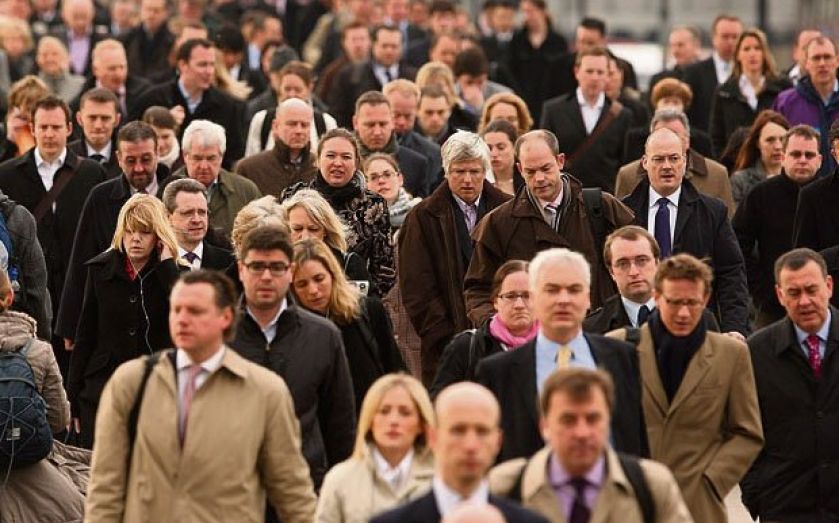Growth creates drought of London job candidates

A SKILLS squeeze is hitting London while companies across the UK are also finding it increasingly hard to find appropriate staff, a report by the Recruitment and Employment Confederation (REC) and KPMG reveals today.
As the economy recovers, employers are reporting a shortage of skilled candidates for vacancies. According to the survey, the drop in availability between November and December was the steepest since 2004. Almost 40 per cent said that permanent candidate availability was declining, against just 10.1 per cent that suggested it had improved.
In London, constraints on the availability of staff are even more clear: 44.6 per cent said availability had dropped, while only 9.5 per cent said the environment was easier. The findings echo a report from the British Chambers of Commerce earlier this week, which found 81 per cent of manufacturers reporting hiring difficulties in the fourth quarter.
“We think that the recession and the response of policymakers has hurt the UK’s supply capacity quite significantly,” said Andrew Bridgen, senior economist at Fathom consulting.
“There’s been a twofold hit to productivity: big firms haven’t had the demand to invest, and small firms can’t access the necessary finance either. Some sectors may see major recruitment difficulties as previous workforces have been de-skilled, losing the abilities they would otherwise have developed in recent years”.
Josh Miller of the Royal Institution of Chartered Surveyors added that even construction, which was significantly reduced after the crisis, has seen shortages: “A case can be made I think, not necessarily a maverick one, that the sector has been hollowed out. A lot more respondents are reporting shortages after just two good quarters.”
According to the KPMG/REC report, the number of vacancies also continued to grow at a rapid pace last month, close to the 15-year high revealed in November. An increasing proportion of recruiters added that permanent salaries were increasing in December, while only 2.5 per cent now say they are declining.